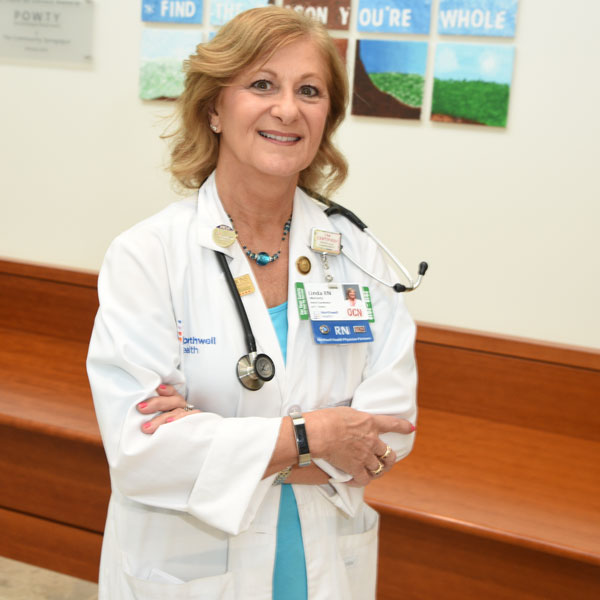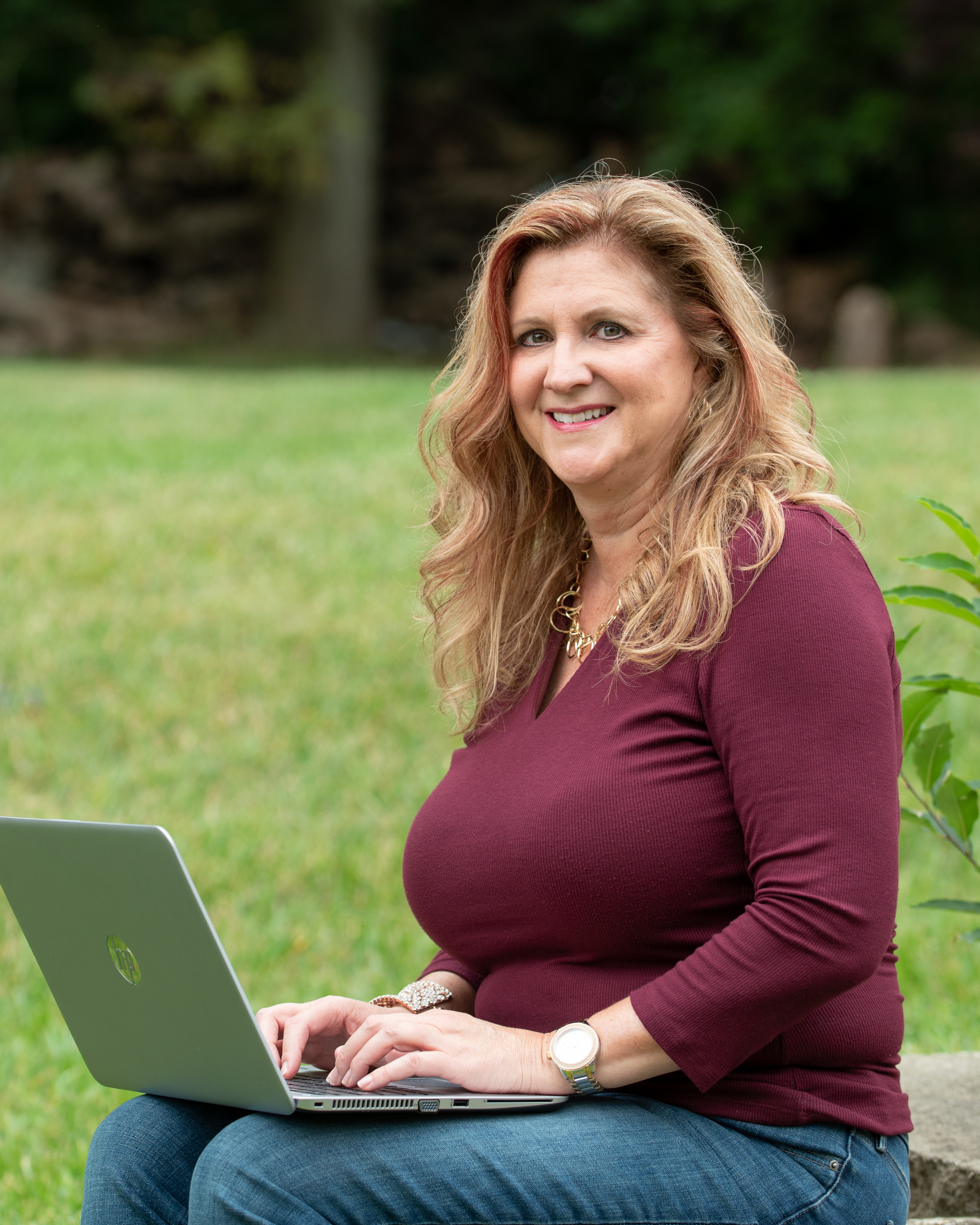- Oncology Nurse-Patient Relationship (http://dev-voice.ons.org/topic/oncology-nurse-patient-relationship)
- Symptom Management (http://dev-voice.ons.org/topic/symptom-management)
- Clinical Practice (http://dev-voice.ons.org/topic/clinical-practice)
- Oral Adherence (http://dev-voice.ons.org/topic/oral-adherence)
How Oncology Nurses Provide Quality Care Through Telephone Triage
As more patients with cancer are transitioned to outpatient settings to receive treatment, the importance of in-depth, focused telephone triage can’t be understated.
The phone conversations between nurses and their patients provide a direct line to the oncology team and can help address symptoms, foster patient education, identify useful interventions, encourage side effect reporting, and identify potentially life-threatening situations. Ultimately, successful telephone triage requires a unique skill set for oncology nurses to communicate with their patients and recognize underlying issues.

Telephone Triage in Oncology Practice
ONS member Linda Moriarty, RN, BSN, OCN®, nurse coordinator at Northwell Health’s Monter Cancer Center in North New Hyde Park, NY, recognizes the importance of communicating with patients and providing them with an open line to connect with their cancer care team.
“Starting with their initial visit, our patients are instructed to call us with any questions they may have, including symptom management concerns, education needs, and any lapses in disease or treatment understanding,” Moriarty says. “Our telephone triage efforts involve performing verbal assessments, triaging symptoms, providing advice, as well as navigating patients throughout their cancer journey.”
As patients are given new treatment options—like oral chemotherapy—their time spent with the oncology team is limited. ONS member Susan Newton, APRN, MS, AOCN®, AOCNS®, advanced practice nurse in Dayton, OH, and coeditor of ONS’s book Telephone Triage for Oncology Nurses (third edition), says that a well-functioning system is crucial to ensure that patients don’t slip through the cracks.

“Back when treatment meant patients were sitting in chairs for hours at a time, oncology nurses could have conversations about side effects or issues experienced between therapies. Now, many patients are managed with noninfused chemotherapy, like oral agents, and oncology nurses don’t get that face-to-face time with their patients like they used to,” Newton says. “So, one of the best ways we can manage their symptoms, side effects, and treatment journey is by communicating over the phone.”
She adds that triage calls can be either proactive or reactive, depending on a patient’s needs and treatment schedule.
“More and more offices are embracing proactive calling for patients with cancer,” Newton says. “By creating a list of patients and reaching out to them before issues arise, nurses can prompt conversation about the treatment process, adherence to medications, or any experienced side effects and help answer patient and caregiver questions. It’s not limited to oral therapies either. Offices are following up with patients receiving chemotherapy infusions to check in and make sure things are going well after a visit.”
Skills for Successful Telephone Triage
Assessing patients over the phone requires more than just an understanding of disease types and potential side effects, Moriarty says. Nurses must be excellent assesors and communicators as well.
“Our nurses need good interviewing and listening skills,” Moriarty says. “They have to possess critical assessment and management skills, have the ability to elicit adequate information from patients, have current knowledge about disease states and treatments, and be knowledgeable about specific patients they’re speaking with. It’s important to acquire accurate information through verbal clues. And recently, electronic medical records have improved the ability to know our patients and review their histories and treatment statuses before or during a call.”
Newton cautions against nurses making snap assumptions when speaking to patients. Sometimes things are not always what they seem on the surface.
“Listening to patients—without jumping to conclusions—is the most critical skill a nurse can possess,” Newton says. “Having a comprehensive knowledge base and assessment skills are crucial, but it’s important to allow a patient to answer questions and not jump to your own conclusions immediately. Sometimes nurses might think a patient is suffering from one symptom, but after hearing more, it becomes clear that he’s suffering from something much different. It’s about obtaining all the information, and that can take time.”
Telephone Triage and Oral Therapies
In the era of oral therapies and outpatient treatment, oncology nurses must overcome the challenges associated with seeing and interacting with their patients less often.
“Patients on oral therapies have fewer face-to-face visits with staff. This makes telephone triage an important part of patient’s overall assessment,” Moriarty explains. “Adherence is a key factor when speaking to patients about oral therapies. Follow-up calls to confirm adherence are becoming a routine part of telephone triage.
“And patients on oral therapies have financial concerns as well. If a patient reports a financial hardship, the nurse initiates contact with the pharmacy team to address it then reports back to the patient. In our institution, we have an outpatient retail pharmacy that uses a team to obtain authorizations for these medications, so we’re lucky in that regard.”
Newton cites the importance of being proactive with patients on oral therapies.
“It’s crucial to look at patients individually and what their full therapy consists of. We’re used to seeing patients in that infusion chair, but with oral therapies, sometimes we’re not seeing patients at all,” Newton says. “It’s best practice to understand what kind of needs patients have and to put systems in place that can address them. Being proactive, reaching out to patients after they’ve filled their prescriptions, throughout their treatment cycle, and when they’re close to needing refills can help provide useful information to keep them on track for positive outcomes.”
Challenges With Comprehensive Telephone Triage
Newton and Moriarty both say that not being able to read a patient’s visual cues and body language can make their task more difficult.
“One of the biggest challenges is that we’re not able to use all five of our senses to assess a patient over the phone,” Moriarty says. “We’re not directly observing patients, so—in addition to verbal clues—we need to be listening for nonverbal clues, like being short of breath when speaking or a hesitancy in their tone of voice. We must be knowledgeable about potential oncologic emergencies associated with their diseases and up to date with current treatments and adverse effects of their medications.”
Moreover, the complexity of conversations involved in telephone triage means finding the time to ask the important questions. It’s a balancing act that oncology nurses face in most workplaces.
“Cancer care is always busy, and oncology nurses are trained to balance high-quality care with time sensitive processes. They take care of tasks as swiftly and safely as possible,” Newton says. “But finding the time during the day to ask the right questions and develop the phone conversation with patients can be a real challenge. You want to avoid jumping to conclusions and rushing to make decisions, and nurses need to have the time and availability to address patient issues and really understand what’s going on.”
Telephone Triage and Successful Cancer Care
Successful care stems from patient and provider relationships that foster open communication. Newton encourages nurses to ask two vital questions when finishing a patient call.
“First, ask patients to repeat back the details of what was discussed on the call. Make them say it in their own words, because that’s where you’re going to clear up any misconceptions and make sure they understand what they need to do,” Newton says. “The second question is asking if there’s anything that would keep them from doing what you’ve discussed. Because you could have the best plan in the world, but if your patients aren’t able to follow through with it, then it doesn’t matter.”
For Newton and Moriarty, telephone triage is a boon for patients and providers and a vital component of successful outpatient cancer care.
“Effective telephone triage enhances the nurse-patient relationship, which always results in a better continuity of care. It addresses gaps in patient education, and it reduces the amount of unnecessary office and emergency room visits,” Moriarty says. “It’s an exciting time to be an oncology nurse. Recent advancements in cancer management have given our profession much to look forward to. Care will continue to evolve, and we as nurses must stay up to date, so we can guide our patients to the best of our abilities.”
